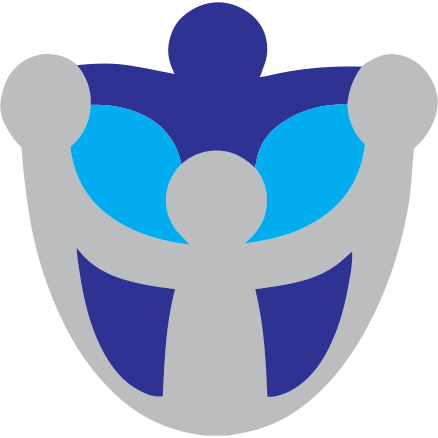History KS4
Key Stage 4 is designed to build upon the foundational skills students have developed in earlier years, diving deeper into the complexities of history through the AQA curriculum, which consists of four dynamic units.
Paper 1: Understanding the Modern World features a compelling Period Study of Germany from 1890 to 1945, examining the evolution from an emerging democracy to the dark realities of dictatorship. Students will explore the socio-political landscape of Germany prior to World War I, analyzing how the fledgling democracy struggled to establish itself and the economic turmoil that paved the way for the rise of Hitler and the Nazi regime. The unit culminates in a stark examination of daily life under Nazi rule, offering insights into the human experiences behind historical events.
In the second part of Paper 1, Conflict and Tension 1918-1939, students investigate the tumultuous years between the world wars. They explore the various attempts to forge and maintain peace, culminating in a critical analysis of the causes that ultimately led to the outbreak of World War II.
Paper 2: Shaping the British Nation encompasses a Thematic Study on the evolution of medicine in Britain from 1000 to the present day. Students delve into three key themes: the causes and treatments of disease, advancements in surgery and anatomy, and the evolution of public health. Through this thematic exploration, students critically assess the progress of medicine over the centuries and understand the underlying reasons for these changes.
The second component of Paper 2 focuses on a British Depth Study of Elizabethan England (1568-1603). Here, students immerse themselves in the vibrant world of Elizabethan society, exploring topics such as the flourishing of theatre, the challenges of poverty, religious conspiracies, governance, rebellions, and the age of exploration.
Throughout these units, students sharpen their source analysis and interpretation skills, enhancing their ability to construct robust arguments supported by specific evidence. Assessment is conducted through two rigorous two-hour examinations at the end of Year 11, evaluating not just their retention of knowledge but their ability to think critically and engage with historical narratives. This comprehensive approach prepares students not only for their examinations but also for their roles as informed and engaged citizens in today’s world.
